World Cup: Memories of 2006 in Germany storm back as Qatar approaches Sunday and Italy shockingly sits home
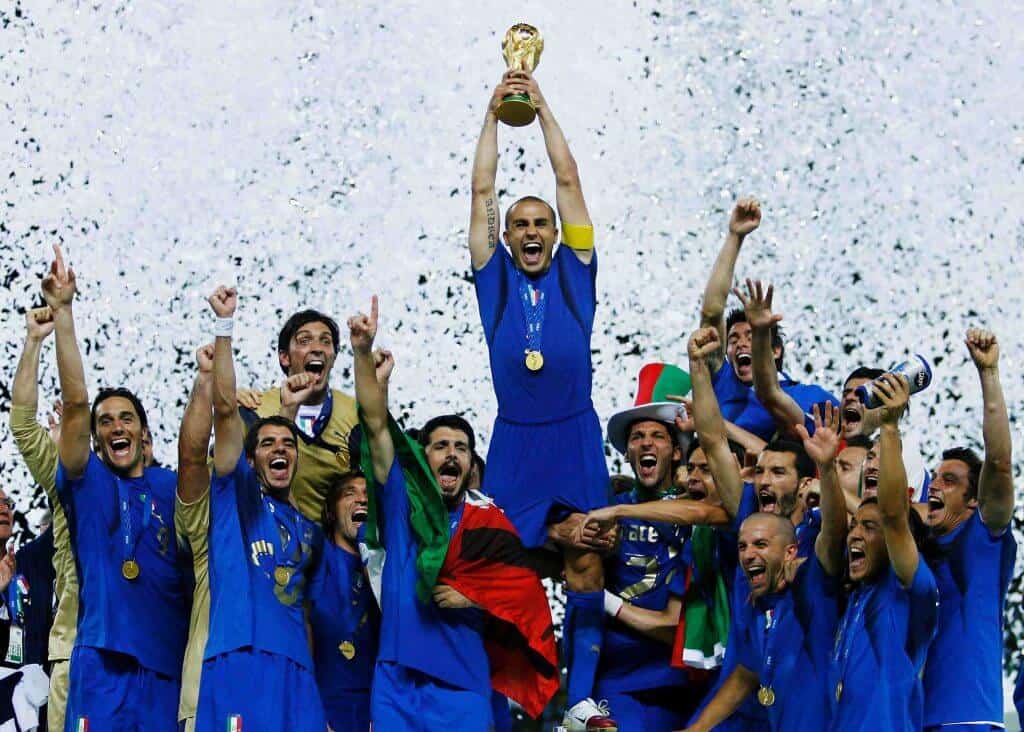
The World Cup starts Sunday, and I told my girlfriend I’d be sure to write.
As you can imagine, that went over well. So did my suggestion that we repeat our routine when I had Covid in January. Marina could just drop a bag of food outside my door twice a week. (You have any idea how hard it is to get red wine stains out of a white shirt? However, her toss, admittedly, did display keen accuracy with strong velocity.)
Seriously, this is the time in the international sports calendar when I can’t be disturbed. More than the Olympics, the Super Bowl and the Champions League knockout stages, soccer’s World Cup is my favorite sports event.
I covered sports for 40 years. I did six Olympics, six Tours de France, two Super Bowls, three World Series and nine Final Fours.
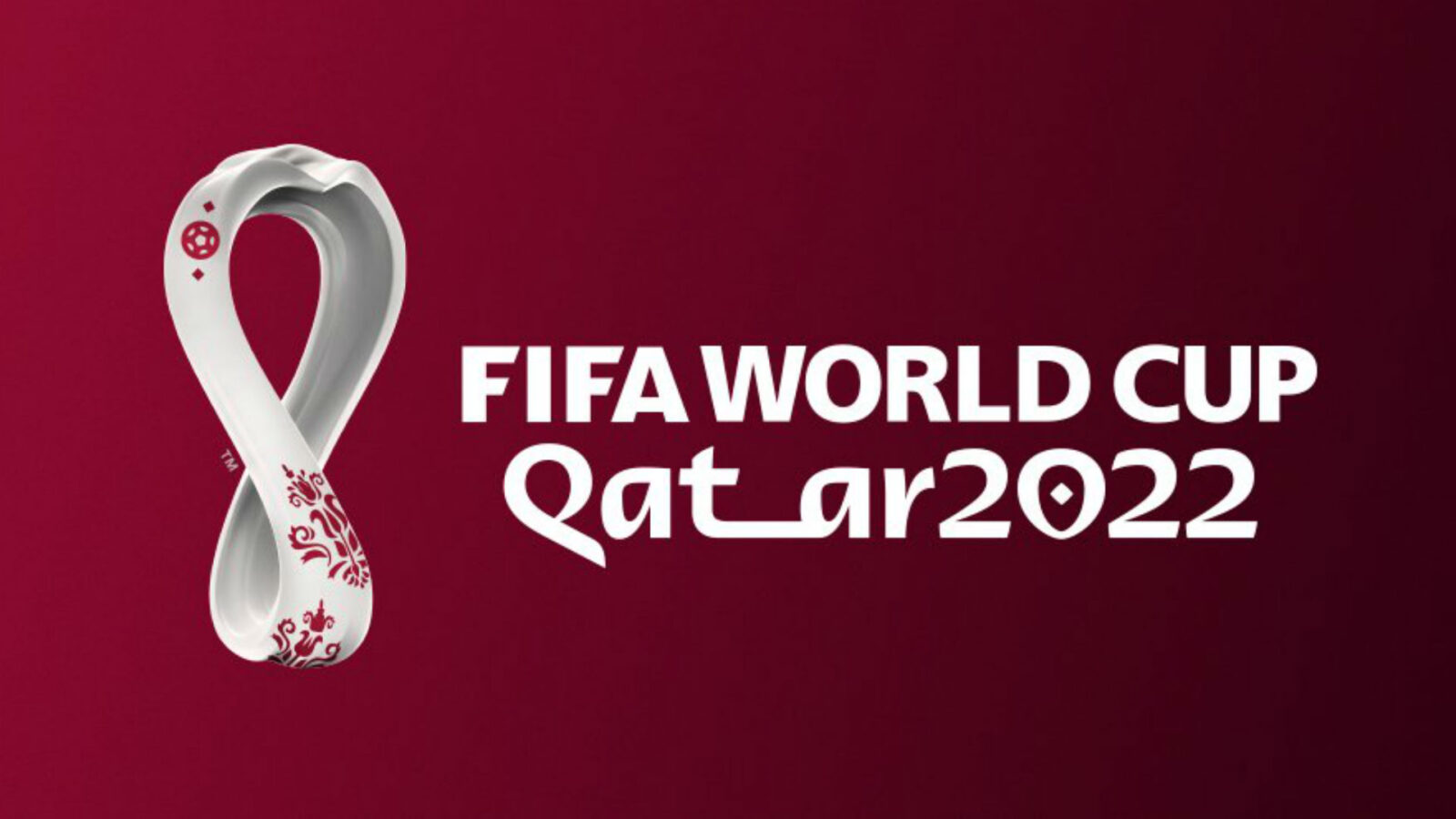
Nothing compared to covering the 2006 World Cup in Germany. It had nothing to do with Italy winning. I am a staunch A.S. Roma fan. I am not an Italian national team fan. It had everything to do with an international camaraderie and festive atmosphere that if expanded on a global, political scale, wars would cease to exist.
Memories of the 2006 Cup are pouring back this week. Around here in Rome, there’s not much else soccer wise. Italy has gone from a four-time world champion to couch potatoes for the second straight World Cup. While the rest of the world’s best players will fight for eternal glory in Qatar, Italy’s best will be on a beach in Mexico or in a mountain chalet in the Dolomites.
In Rome, angst is at an all-time high. Not only will the World Cup be a daily reminder of Italy’s choke job but Roma enters the World Cup break in a disappointing seventh place. In our last three games we lost to evil Lazio despite missing its two best players, tied Sassuolo which still sounds like a porn film and Sunday tied mid-table Torino only on a last-minute goal.
The packed Olympic Stadium crowd sent the players off on their vacations by booing them off the field. Tammy Abraham, our star striker last season, has only three goals and is getting fileted online. Nemanja Matic, our newcomer who scored the tying goal, said Roma lacks the “mentality” to win. It’s a mess.
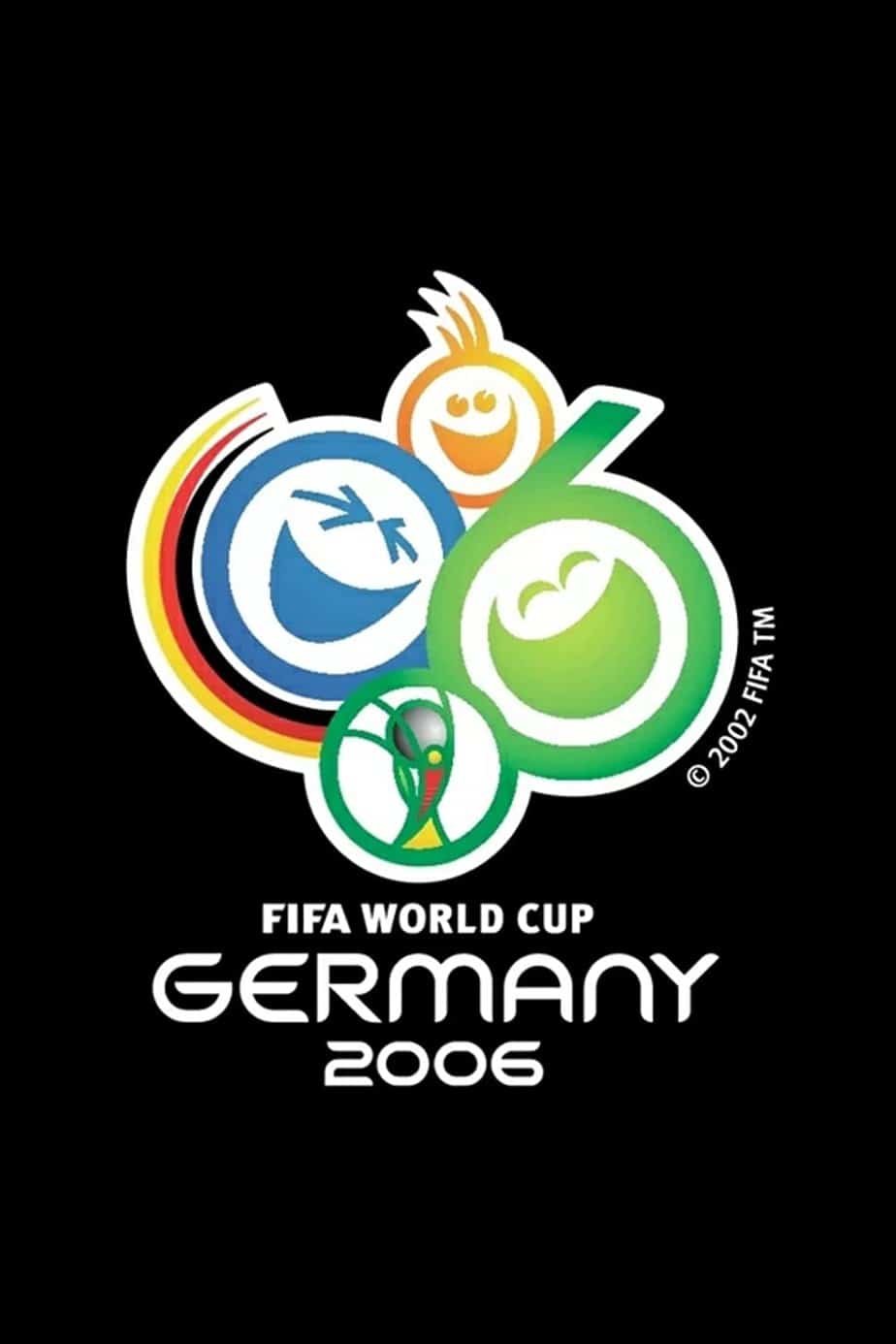
What I’m left with this week as the World Cup approaches are snapshots of my month in Germany 16 years ago. Let me go through my brain’s photo album and share some with you. Maybe I can get you in the mood to follow soccer. Maybe I can get you to cheer, cheer, cheer for Italy.
Oh, wait. Never mind.
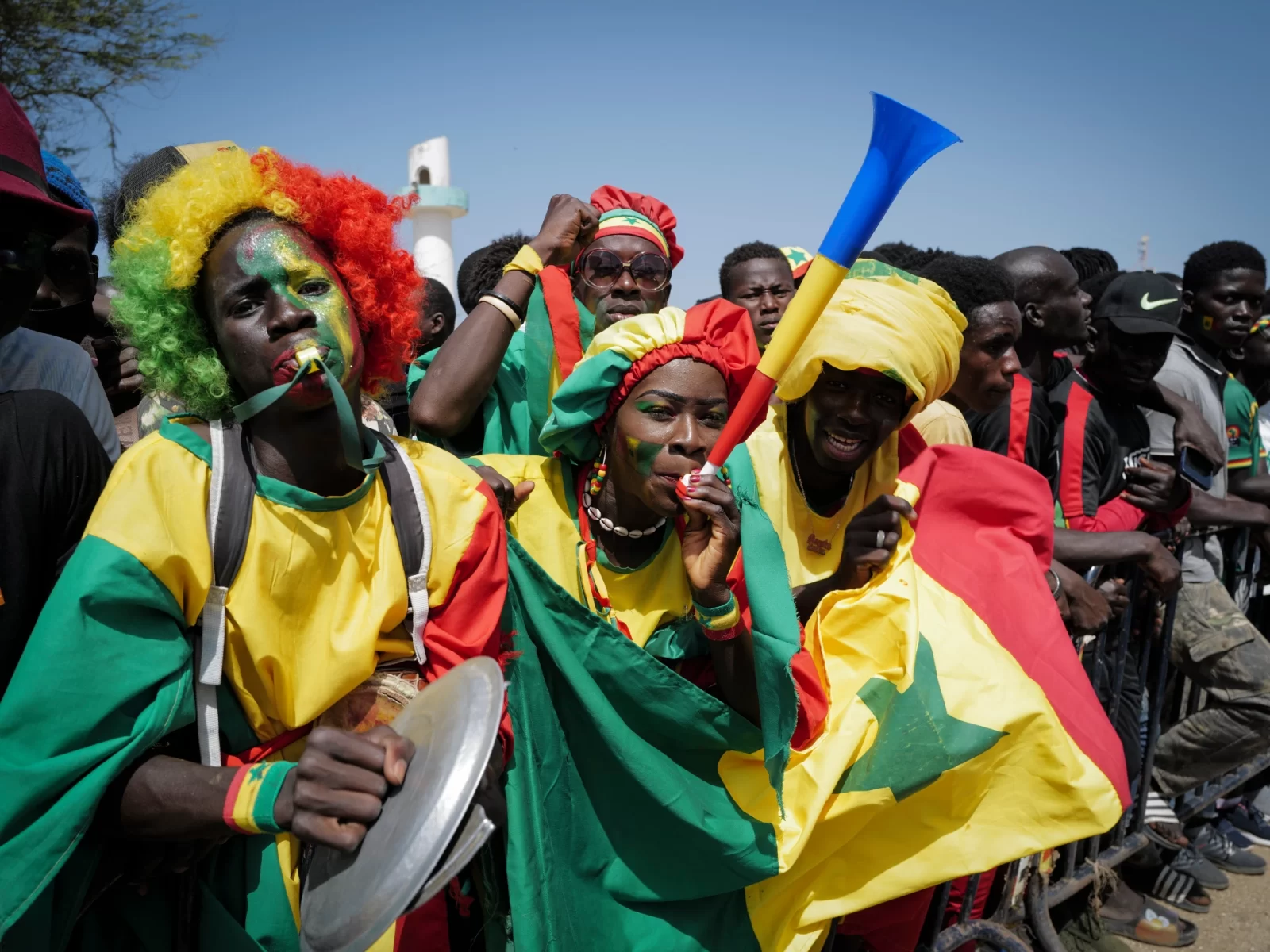
Off the field
The world comes together. The Iraqi War was going full tilt and West-Islamic tensions were reaching new highs. Yet it was all forgotten in Germany. On my way to the Iran-Mexico match in Nuremberg, I walked to the stadium with a small group of Iranian fans. We talked about how both of our governments were disasters and the war was a massive mistake. We talked about our country’s soccer teams. We talked about German efficiency. We laughed.
Just before kickoff, in one of the kindest gestures I saw during the tournament, Iran’s players gave Mexico goalkeeper Oswaldo Sanchez a bouquet of flowers and condolences. Sanchez’s father had died three days before.
I marveled at how well the fans mingled. I walked by a bar in Munich and standing at the long line of taps was a German fan in lederhosen and a Mexican fan in a sombrero, beer steins in hand, laughing and talking.
Speaking of costumes. You don’t need a program to tell where the fans are from. Just see what they wear. Some of the best outfits: an American wearing a red, white and blue Elvis outfit; a Mexican dressed as an Aztec; an Italian dressed as Julius Caesar; an English fan dressed as a medieval knight; an entire section of Ecuadorian fans wearing identical white Panama hats with black brims (Yes, they’re made in Ecuador, not Panama.): a Trinidad and Tobago fan blowing into a conch shell; an Australian fan carrying a giant stuffed kangaroo; a Dutch fan wearing an Edam cheesehead; a buxom Brazilian fan wearing a sample of Brazil’s fine swimwear.
German efficiency: That World Cup was the perfect landscape to display the country as a well-oiled machine. The World Cup is like holding a Super Bowl in a dozen cities every day for a month. The 2006 edition had hardly a glitch. We sportswriters, the most spoiled, entitled whiners in the working world, didn’t utter a peep. Oh, one guy complained about the quality of bratwurst in the Stuttgart press room. That’s about it. Franz Beckenbauer, German soccer hero and chairman of the 2006 World Cup Local Organizing Committee, proved he’s as good a leader in a suit as he is in a jersey.
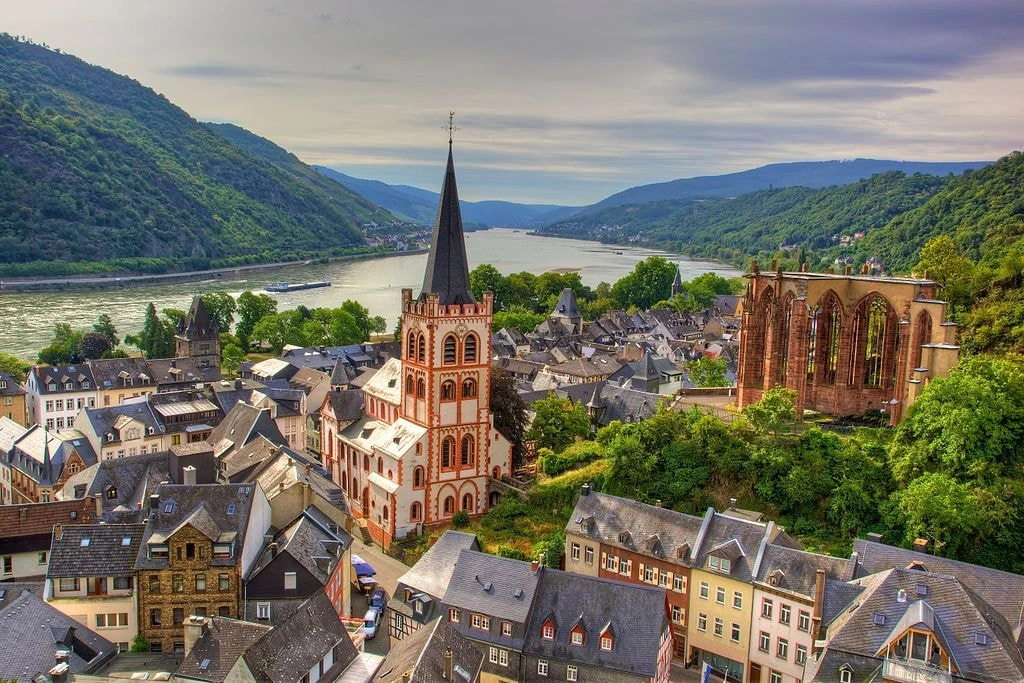
Train rides: Trains are my favorite form of transportation and combined with German efficiency, crisscrossing the country was a daily dream. The media received first-class train tickets, giving me plenty of room to write on big tables with giant picture windows showing the German countryside go by. The best journey was from Mannheim to Kaiserslautern. The Rhineland-Palatinate region along the Rhine River produces two-thirds of Germany’s wine. A glass of Riesling is the perfect accompaniment to watch forested mountains go by dotted with little villages of steep-roofed houses.
The Black Stars: Every tournament has its Cinderella that becomes an international crowd favorite. That year it was Ghana. In its first World Cup, it upset Czech Republic and beat the U.S. to reach the knockout stage. What set it apart was the 10,000 Ghanaians living in Germany poured onto the streets with Ghana flags in one hand and beer steins in the other. While Ivory Coast and Angola played in the World Cup while civil war raged in their countries, Ghana came with the backing of a stable government and a people at peace.
Best bar: After games, if I wasn’t hurrying to a train station to catch a red eye to the next destination, it wasn’t hard to find places to drink. My favorite was in Erlingen, a pleasant little town north of Nuremberg. Le Sarbonne Café had great German beer, German rock music with a little Billy Joel and Deep Purple and no tourists.
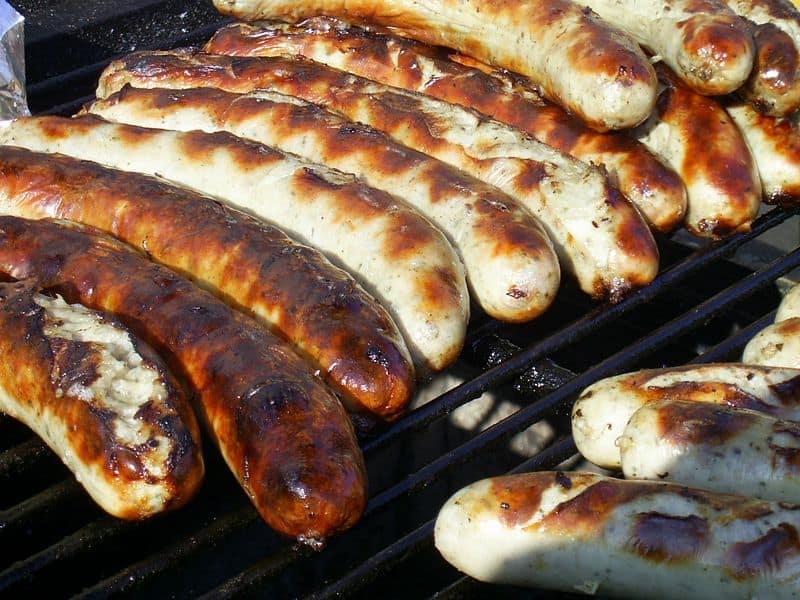
Food
Big on bratwurst: While covering the World Cup for The Denver Post, I doubled as our traveling food columnist. I wrote a series of columns about German food in my column, called A Moveable Feast. I learned I could live off German bratwurst. In fact, for a month I did. Germany has 1,500 different kinds of brats and all are required to have at least 78 percent pork with no chemicals added. U.S. hotdogs are allowed to have 30 percent fat and 10 percent water and, surely, enough chemicals to call a hotdog synthetic. Salzbrenner Wurstchen, a Hamburg manufacturer, makes 100 tons of brats a week. If I ever return to Munich, I’m headed to Weisser Brauhas and its lip-smacking smoked brat.
How do you like your eel: As a food writer, I’m not a picky eater. You never know the surprises you’ll have in dishes that sound like a dare. The best meal I had in Germany was eel. Alt Hamburger Aalipeicher in Hamburg where the U.S. team had its base, serves smoked eel atop scrambled eggs with roasted seasoned potatoes. If you can dive into the luscious smoky flavor and get past the fact that, indeed, it looks like an eel, it’s quite fabulous.
Train stations: When I first visited Germany in the 1978, every train station seemed right out of central casting for a World War II movie. Dark and foreboding with the cavernous curved hull of a Zeppelin hangar. But during Germany’s economic boom in the ‘80s followed by the fall of the Berlin Wall, train stations modernized. During the ‘06 World Cup, I dined mostly in train stations. The station in Leipzig, which was in communist East Germany just 16 years before, had a crepe booth waiting for me as I walked off the train from Nuremberg. It had a fish ‘n chips shop, a gourmet chocolate shop, a fresh fruit stand. Hamburg’s featured takeaway sushi, a seafood grill, Italian and Greek restaurants and a milk bar.
Hofbrauhaus: At 22 in 1978, I avoided this massive tourist trap like an all-campus frat party which it often resembled. But I got corralled into going in 2006 by other journalists and it wasn’t bad, thanks to the food. Under a chestnut tree in the pleasant courtyard away from the beer hall that seats 5,000, I had a plate of obatzda. It’s a blend of three Bavarian cheeses with butter, a soft French cheese called Camembert, onion and caraway which formed a great, cream cheese-like spread I ladled over bread, radishes and onions. Then came a suckling pig, brewed in beer, that fell off the bone and melted in my mouth. They combined it with potato dumplings and a tangy bacon cabbage called speckrautsalat. Meanwhile, drunk South Korean fans sang to an accordion player in lederhosen and Costa Rican fans danced in a conga line around my table.
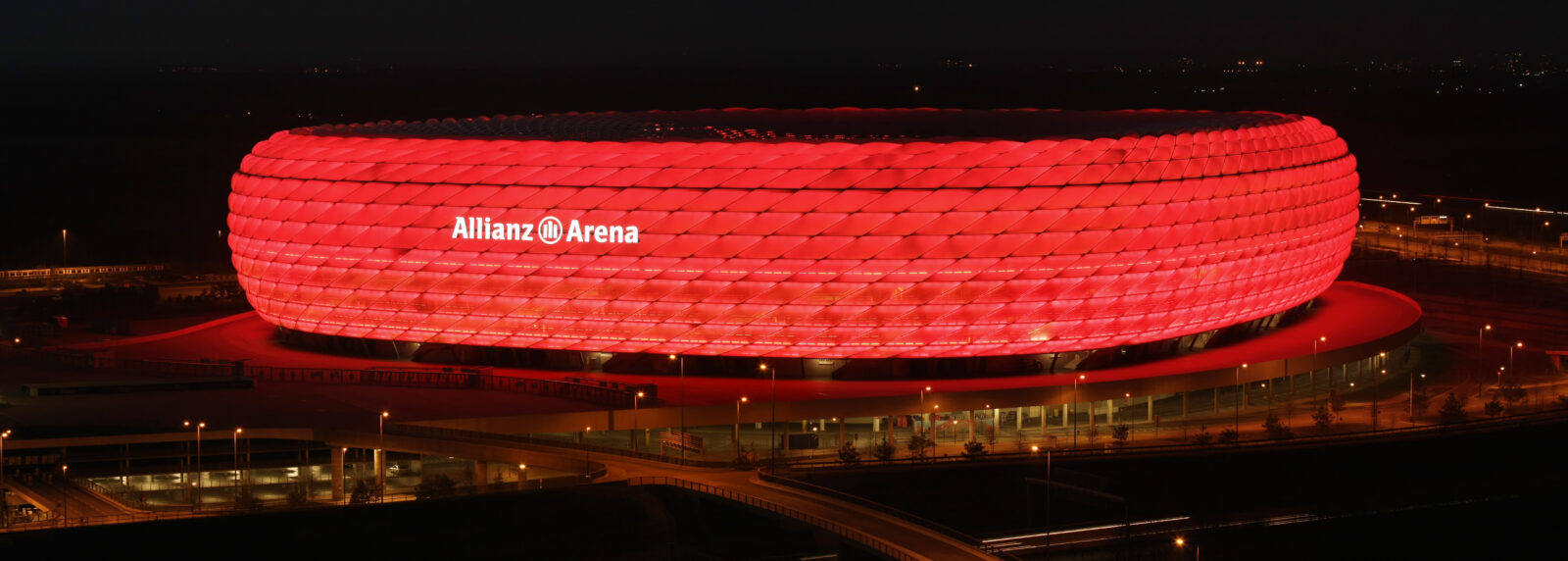
On the field
Loudest crowd: The World Cup showcased Allianz Stadium, Bayern Munich’s 75,000-seat, year-old palace that looks like a back-lit car tire on its side. I attended the World Cup opener between Germany and Costa Rica. I’ve covered games at Alabama’s Bryce-Denny Stadium, Denver’s old Mile High Stadium and Yankee Stadium during the World Series. I’ve never heard a sports crowd as loud as that night. Germany won, 4-2, and I thought Germany had a chance. It did. It reached the semifinals.
U.S. flop: I wrote that the U.S. would one day be the world’s top soccer nation as more kids played soccer than baseball. I wrote that in 1979. The youth movement has never materialized on the national scene. In three games in Germany, the U.S. scored one goal. Czech Republic drilled it 3-0 and Ghana advanced by beating it 2-1. The U.S.’ lone highlight was tying eventual-champion Italy, 1-1, when Italy scored an own goal. The U.S. had no shot makers and manager Bruce Arena’s body language was that of a frustrated youth coach, scowling while leaning up against the bench.
Lo scandalo: Italy arrived as a darkhorse under a cloud of The Scandal. Also called Calciopoli, four Italian clubs were involved in a match-fixing scandal. This net ensnared players, managers, agents, referees, team officials and even journalists. Beckenbauer said before the tournament, “This is the most serious soccer scandal I’ve seen in the entire world. Italy will pay for it on the field at the World Cup. There is a psychological weight.”
Sorry, Franz: Nope. Italy won the whole thing and I suspected the psychological weight was overrated when I visited Italy’s training base in Duisburg, a former steel town near Dusseldorf. Players laughed and joked during their keep-away drill. Reports had Italian kingpin Juventus headed to Serie C as punishment. Italian goalkeeper Gigi Buffon, who lost a reported $1 million betting casino games online during Juventus road trips, even joked about it. “I can go in the second division with no problem,” he said before adding with a laugh, “I can go to third division. I smile a little less than before, but I smile.”
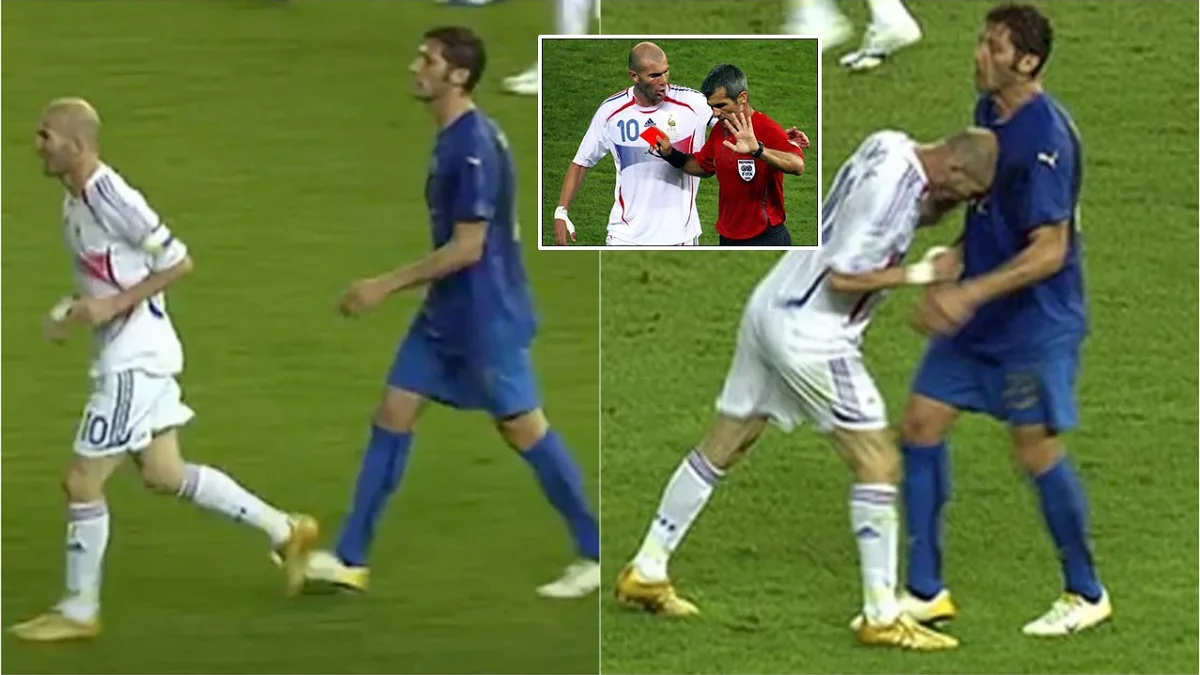
What head butt: I have a confession. So do hundreds of other journalists who covered Italy’s final win over France. I had no idea France star Zenedine Zidane had head butted Italy’s Marco Materazzi to get thrown out of the game that was tied late, 1-1. It was far away from the ball and Berlin’s stadium had no instant replay. We had no TV monitors. I thought Zidane’s red card was part of a ridiculous avalanche of red cards World Cup referees issued throughout the tournament. The 28 red cards topped the previous mark of 22. Russian referee Valentin Ivanov called 25 fouls in the Netherlands-Portugal match, including 16 yellow cards. I figured Zidane just said the “magic word.” It wasn’t until we all reached the press room’s TVs where we saw the head butt, depriving France of its best player and penalty taker which led them to lose in the shootout. And that’s when I crowned Zidane the goat of the tournament.
Messi stars: Argentina had a promising young striker named Lionel Messi. He came off the bench in the first half in the Round of 16 game against Mexico, on his 19th birthday. I covered the game and even at 19 he took control, dribbling circles around the Mexicans, passing between two and three defenders, creating chance after chance. What overshadowed Messi was the goal of the tournament. Argentina’s Maxi Rodriguez took a pass from Juan Pablo Sorin, letting it bounce off his chest and onto his left foot which he shot into the upper left corner of the goal in extra time for a 2-1 win.
The ugly
Racism: I was stunned by the racist things I saw in Germany. Besides one acerbic comment from a pretty barmaid about her dislike for Germany’s Turkish immigrants, Dutch fans wore Nazi helmets in Holland’s national orange color. They sold 105,000 of them until KNVB, Holland’s soccer organization, confiscated them all. But the topper came from a doctor I met in Regensburg, just north of Munich. The U.S. had just been eliminated by Ghana and she asked me what my plan was when I got home. I said I’ll probably write a story about the U.S. firing their coach. She said, “They should. They lost to a bunch of n——.” I was stunned speechless. The only thing I remember saying in response was, “Didn’t you tell me you’re a Christian?”
Kickball: As an American, I battled the perception that I knew little about soccer. Compared to my European colleagues they were right. At least I appreciate and love the game. It’s more than I can say for many American scribes. Our assistant sports editor at the time, an Iowa farm boy, referred to soccer as “kickball.” One columnist for a Minnesota paper, I can’t recall which or the writer’s name, wrote a column that made the rounds in Germany. Writing from Minnesota, he wrote that it’s time we call soccer what it is: a really boring game. He went on about the intricacies of American football compared to soccer and that the World Cup is overrated. Germans don’t laugh easily. They thought this was hilarious.
My father: I suffered a bigger loss than the U.S. ever did. I was writing a story about Ronaldhino, Brazil’s two time FIFA Player of the Year, on my way from their base in Konigstein to Munich. After I passed through a tunnel, I saw a text from my mom in my hometown of Eugene, Ore. My dad died. He suffered from emphysema and dementia and was daffy his last few years. He was 86. I asked Mom if I should fly home immediately. “Oh, no,” she said evenly. “He will be cremated. Make it out when you can. We’ll organize something graveside.” Dad and I weren’t close. But I was ashamed that I hung up the phone and wrote another paragraph. Jarred by the absurdity of it, I turned off the computer and stared out the dark window as the train rumbled into Bavaria.
The World Cup … it’s where memories are made.


November 15, 2022 @ 11:46 am
Nostalgia at its best. Loved it, John
November 15, 2022 @ 12:29 pm
Great piece John. I am an Italian fan and you reminded me that it it all starts this Sunday 🙁
November 15, 2022 @ 3:51 pm
Great job, John. Your ability to recall the smallest details is amazing and adds so much.
November 15, 2022 @ 4:35 pm
Thanks, John. Another great read. To paraphrase an old beer commercial, “I don’t often watch soccer, but when I do, it’s the World Cup.” And here’s to the USA scoring a few more goals this time around!
November 19, 2022 @ 9:06 am
John, good piece, as usual, and reminding good memories of course for us Italian fans.
By the way, pity that this year they decided to skip entirely the soccer world cup and organize that nonsense of a winter tournament in petrol dollar country.
November 20, 2022 @ 12:35 am
I often wondered if you were ever going to mention 1978 Europe .
Interesting that you’re mature enough now to admit an error such as you mention about your father.
November 20, 2022 @ 3:20 am
Gianni Infantino’s Qatar sermon.
“Are they all monsters?”
Before a ball is even kicked, the world cup is overflowing with hypocrisy and sanctimonious trickle down. Going to be an interesting tournament.